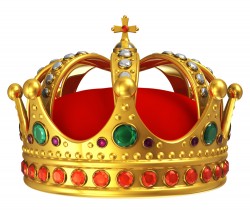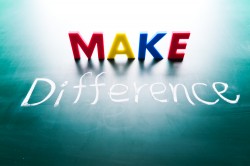Imagine if you received a call one day letting you know you were king of a small country. What would you do next?

That was a question confronting Peggy Bartels approximately five years ago when she was told she was the new king of Otuam, a small village on Ghana’s coast. According to the current issue of Mental Floss magazine, Peggy comes from a royal bloodline that has ruled for over two hundred years in Otuam.
However, Peggy lives in the United States, and she has not resided in Otuam for almost thirty years. This meant if she was going to be the new king she had to get up-to-speed on the issues confronting the villagers.
She traveled to Otuam and learned the village lacked running water, the treasury was in ruins due to pilfering and inconsistent tax collection, and the people lacked adequate schools and medical care. She obviously had her work cut out for her. Not only that, she would be working for free—the king is not paid anything.

That meant Peggy had to maintain her job and home in Washington, D.C. working as a secretary at the Ghanian embassy while communicating with her key advisors in Otuam almost daily. Imagine balancing to-do lists from two different continents.
Peggy embraced the challenge, making the most out of every minute she had available. As a result of her strong leadership, the people of Otuam now have stronger schools, and Peggy even found a sponsor in Maryland who offers thirty college scholarships to Ghanaian children. She made sure the village obtained fresh running water. And she has stabilized the village’s medical care and financial issues. As you might expect, Peggy’s time as king has inspired many, especially women in Otuam who see her excelling in a position that has traditionally been filled by men.

While we may not receive a phone call asking us to be king, we typically have opportunities to accept greater responsibility at work and in our communities. And just like Peggy, we also can make a difference.
